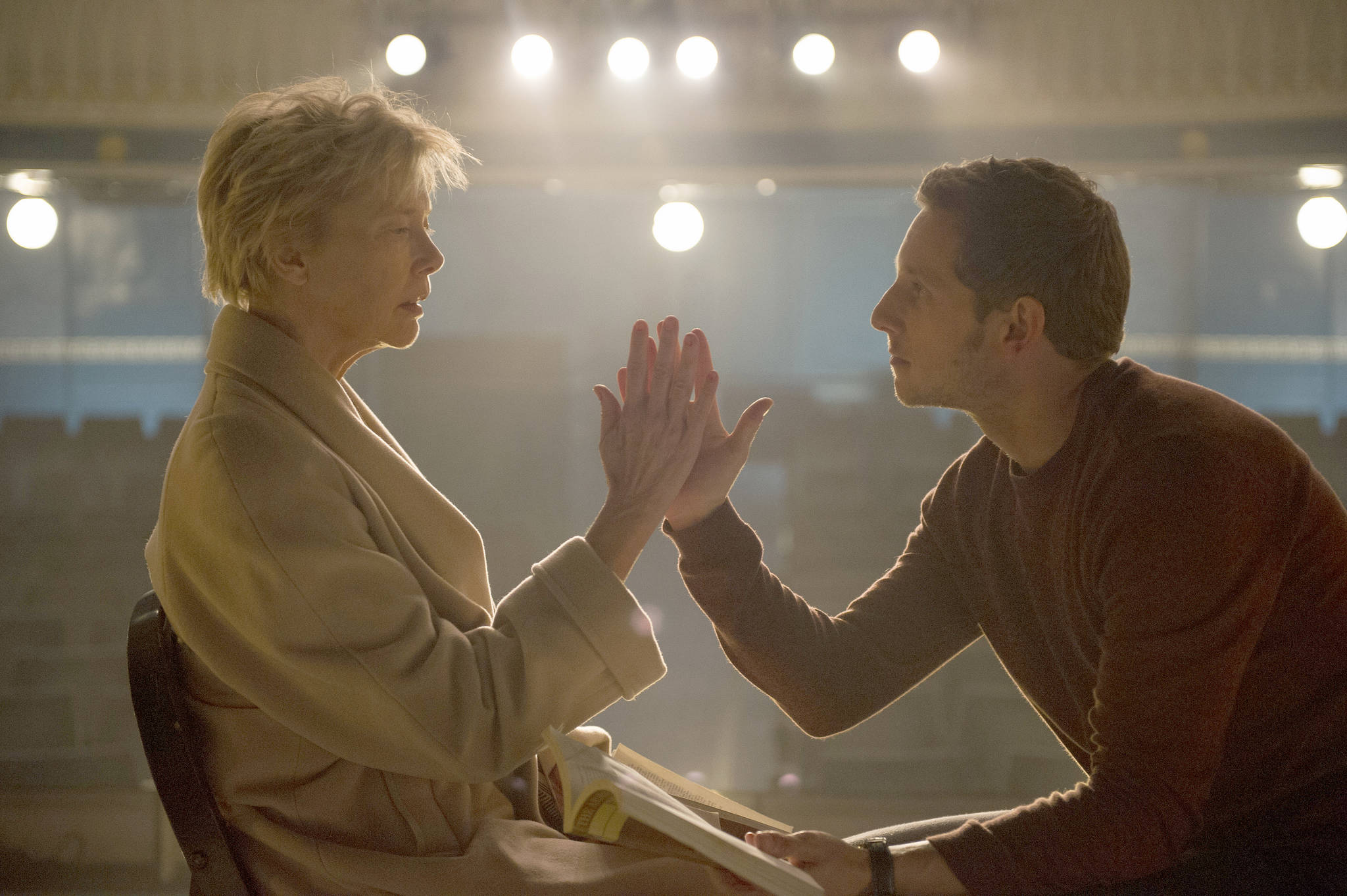Gloria Grahame might well have been concocted in a lab experiment to create a classic Hollywood star. She had not only the looks and talent, but also the haunted arc of a screen goddess: early success, an Oscar (1952 Best Supporting Actress for The Bad and the Beautiful), a string of marriages, struggles with body image, scandal, and — after a certain age — a vanishing act.
Watch her movies today, and you can still be amazed at the smart, impudent, altogether new presence she conveys in the noir worlds of Crossfire and In a Lonely Place, to say nothing of her disruptive presence as the bad girl of Bedford Falls in It’s a Wonderful Life. When she surveys Glenn Ford’s room in 1953’s The Big Heat and says, “Hey, I like this. Early nothing,” you get the feeling she’s brighter and quicker than anybody else in the picture, which makes her subordination to Lee Marvin’s violent gangster seem all the more a tragic waste.
In the 1970s, when Grahame was in Britain to do theater, she enjoyed an affair with a younger man, Peter Turner. His memoir of the relationship, Film Stars Don’t Die in Liverpool, offers the text for a new movie by the same name. And though entirely sympathetic toward Grahame, it fails to animate whatever was unique about her.
The movie’s dreariness can’t be blamed on the very capable Annette Bening, whose physical resemblance to the actress means it isn’t jarring when the movie shows actual clips of vintage Grahame. (Bening’s 1990 performance in The Grifters showcases how she’s already vamping on Grahame.) Bening is up for the role’s mix of old-pro trouper and needy narcissist, but her performance gets swallowed in the film’s overall grimness.
Aspiring actor Peter (Jamie Bell) meets Grahame in a London boarding house; she’s appearing in a nearby theater. He’s dazzled by her, although he initially only has a fuzzy idea of her now-distant stardom. Bell, who debuted in the title role of Billy Elliot in 2000, exercises his considerable dance chops when Peter and Gloria cut a disco groove to A Taste of Honey’s ineffable “Boogie Oogie Oogie” — a rare bright spot in the film’s sluggish gloom. Grahame seems happy with the adoration, and doesn’t mind having someone around to pick up the broken things she sometimes leaves in her wake. Peter’s parents (Julie Walters and Kenneth Cranham) take an understandably wary view of this unusual relationship, but one of the film’s strong points is the way it expresses the warmth of his working-class Liverpool homestead.
As for Grahame’s family, we get a single sequence with her disapproving mother (Vanessa Redgrave) and resentful sister (Frances Barber). The formidable actors tell us more about the crushing weight of family expectations than the script does. The sister cattily mentions the scandal that helped stall Grahame’s career in the 1950s: It was rumored that her husband, Rebel Without a Cause director Nicholas Ray, found Gloria in bed with his 13-year-old son from a previous marriage. (She later married the son.) Was Gloria Grahame that unstable, or was she the victim of a whispering campaign because she wouldn’t play the Hollywood game? The movie can’t and won’t answer that, but director Paul McGuigan and screenwriter Matt Greenhalgh are interested in the timely idea of how badly Hollywood treats women, especially when they’re as strong-minded as Gloria Grahame.
While Grahame is a worthy subject, the film’s take on her is superficial and it doesn’t result in a deeper understanding of the woman herself.
Film Stars Don’t Die in Liverpool, Opens Feb. 16 at Pacific Place, Seattle 10, & Lincoln Square, Rated R






